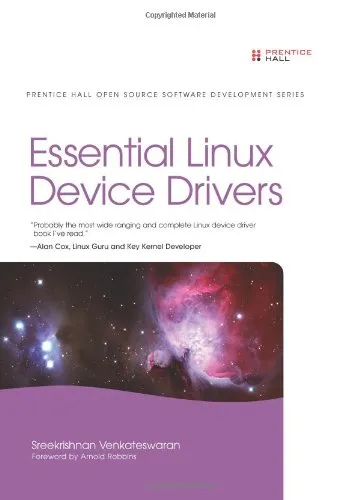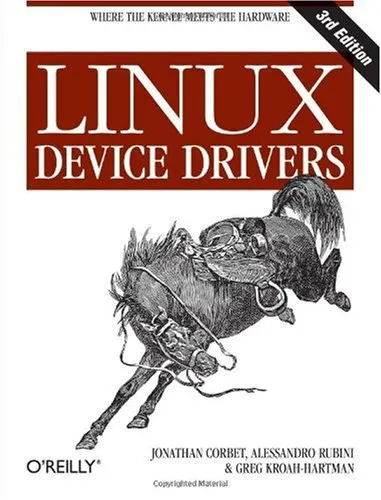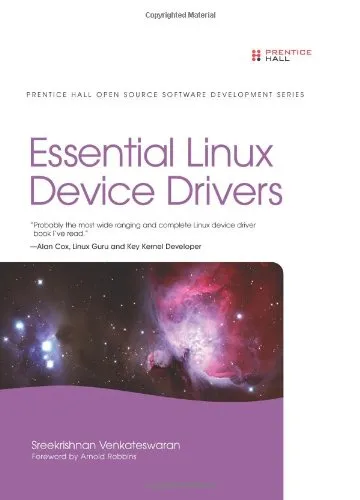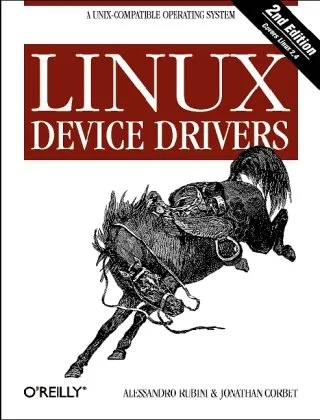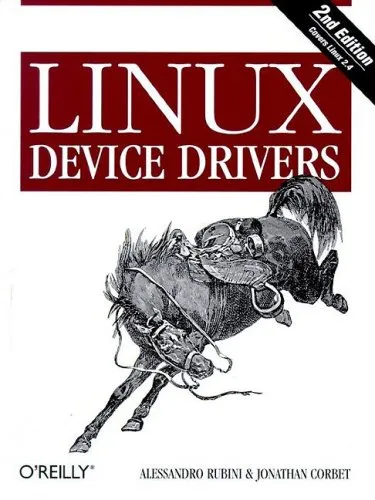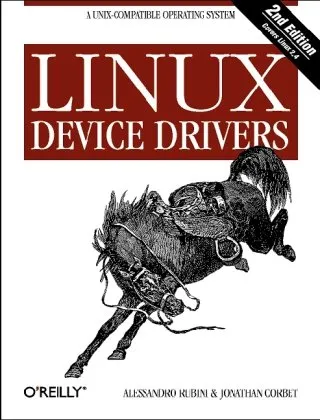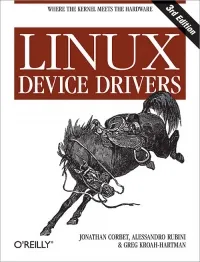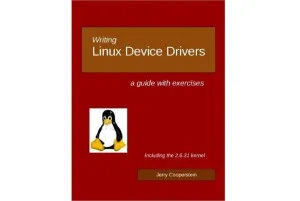Mastering Embedded Linux Programming: Create fast and reliable embedded solutions with Linux 5.4 and the Yocto Project 3.1 (Dunfell)
4.9
Reviews from our users

You Can Ask your questions from this book's AI after Login
Each download or ask from book AI costs 2 points. To earn more free points, please visit the Points Guide Page and complete some valuable actions.Related Refrences:
Harness the power of Linux to create versatile and robust embedded solutions
Key Features
• Learn how to develop and configure robust embedded Linux devices
• Explore the new features of Linux 5.4 and the Yocto Project 3.1 (Dunfell)
• Discover different ways to debug and profile your code in both user space and the Linux kernel
Book Description
Embedded Linux runs many of the devices we use every day. From smart TVs and Wi-Fi routers to test equipment and industrial controllers, all of them have Linux at their heart. The Linux OS is one of the foundational technologies comprising the core of the Internet of Things (IoT).
This book starts by breaking down the fundamental elements that underpin all embedded Linux projects: the toolchain, the bootloader, the kernel, and the root filesystem. After that, you will learn how to create each of these elements from scratch and automate the process using Buildroot and the Yocto Project. As you progress, the book explains how to implement an effective storage strategy for flash memory chips and install updates to a device remotely once it's deployed. You'll also learn about the key aspects of writing code for embedded Linux, such as how to access hardware from apps, the implications of writing multi-threaded code, and techniques to manage memory in an efficient way. The final chapters demonstrate how to debug your code, whether it resides in apps or in the Linux kernel itself. You'll also cover the different tracers and profilers that are available for Linux so that you can quickly pinpoint any performance bottlenecks in your system.
By the end of this Linux book, you'll be able to create efficient and secure embedded devices using Linux.
What you will learn
• Use Buildroot and the Yocto Project to create embedded Linux systems
• Troubleshoot BitBake build failures and streamline your Yocto development workflow
• Update IoT devices securely in the field using Mender or balena
• Prototype peripheral additions by reading schematics, modifying device trees, soldering breakout boards, and probing pins with a logic analyzer
• Interact with hardware without having to write kernel device drivers
• Divide your system up into services supervised by BusyBox runit
• Debug devices remotely using GDB and measure the performance of systems using tools such as perf, ftrace, eBPF, and Callgrind
Who this book is for
If you're a systems software engineer or system administrator who wants to learn Linux implementation on embedded devices, then this book is for you. Embedded systems engineers accustomed to programming for low-power microcontrollers can use this book to help make the leap to high-speed systems on chips that can run Linux. Anyone responsible for developing new hardware that needs to run Linux will also find this book useful. Basic working knowledge of the POSIX standard, C programming, and shell scripting is assumed.
Free Direct Download
You Can Download this book after Login
Accessing books through legal platforms and public libraries not only supports the rights of authors and publishers but also contributes to the sustainability of reading culture. Before downloading, please take a moment to consider these options.
Find this book on other platforms:
WorldCat helps you find books in libraries worldwide.
See ratings, reviews, and discussions on Goodreads.
Find and buy rare or used books on AbeBooks.
1256
بازدید4.9
امتیاز0
نظر98%
رضایتReviews:
4.9
Based on 0 users review
Questions & Answers
Ask questions about this book or help others by answering
Please login to ask a question
No questions yet. Be the first to ask!
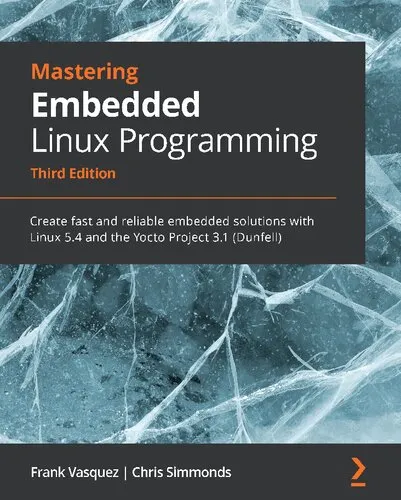
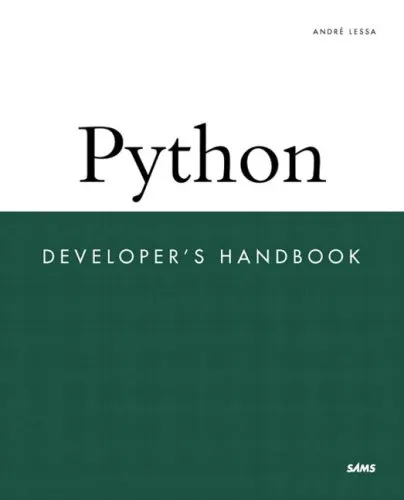

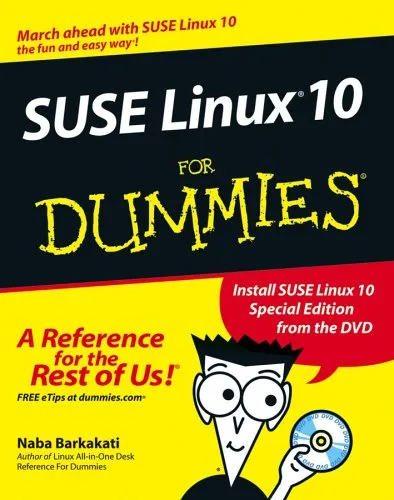
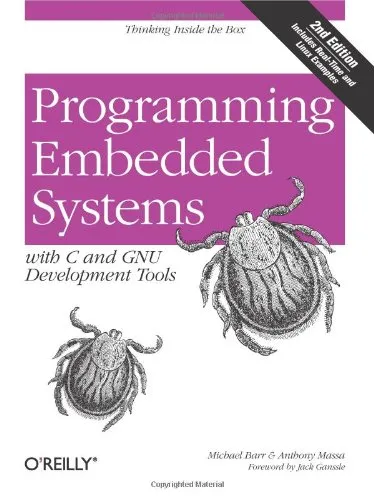
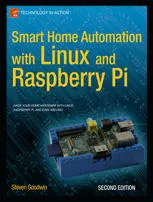
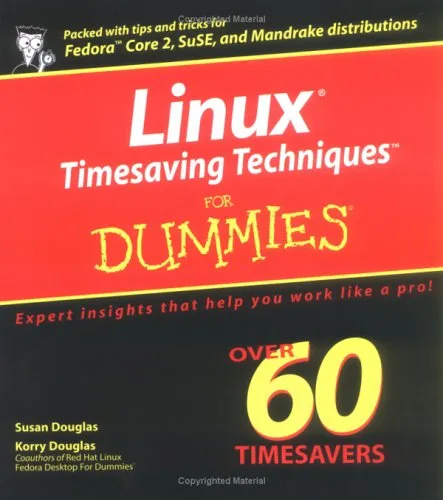

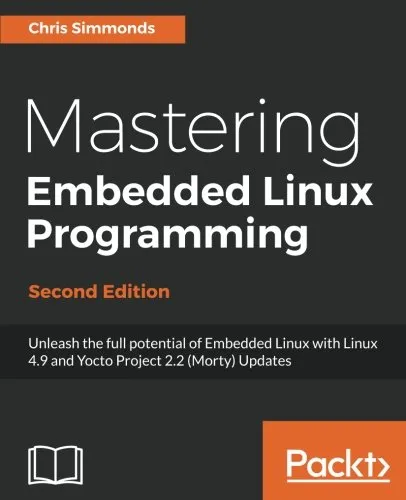
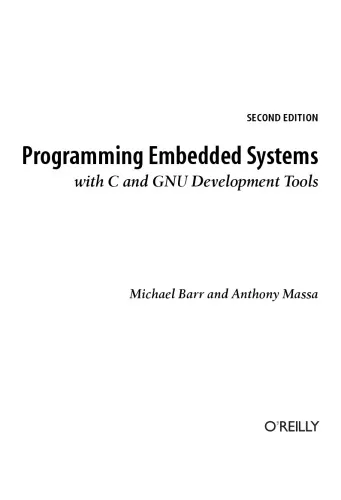

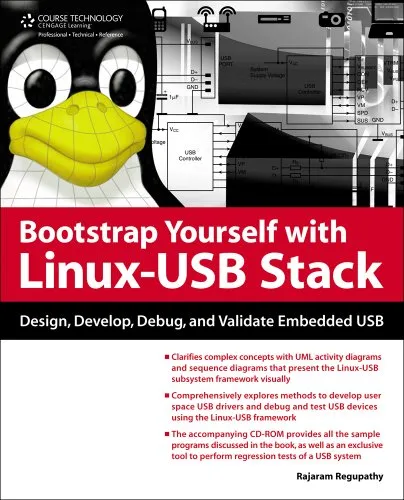
![Embedded Linux Primer [2nd ed.]](https://s3.refhub.ir/images/thumb/Embedded_Linux_Primer__2nd_ed_38268.webp)
